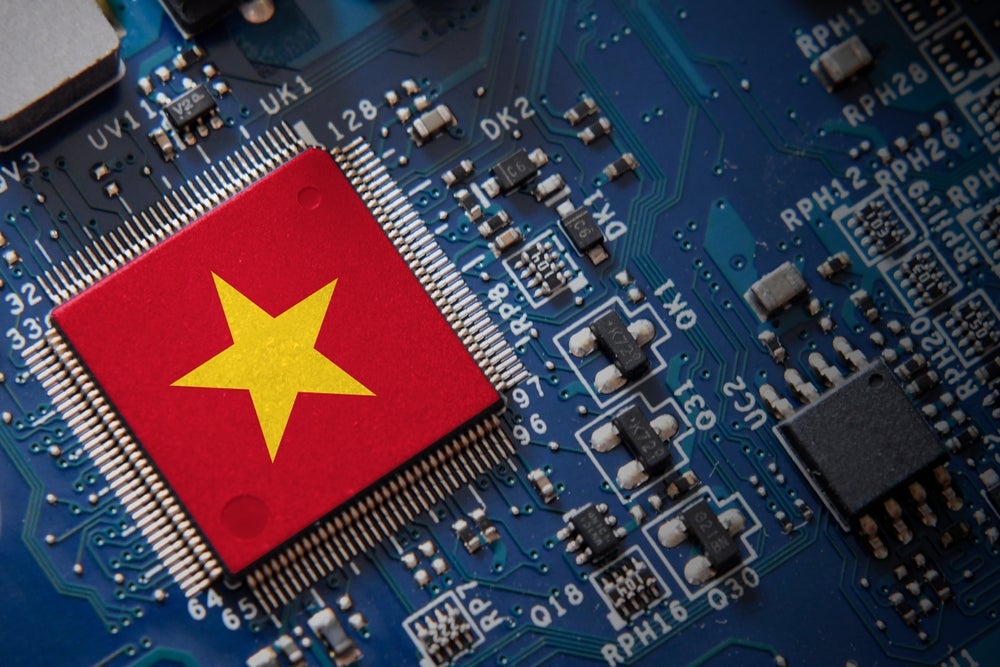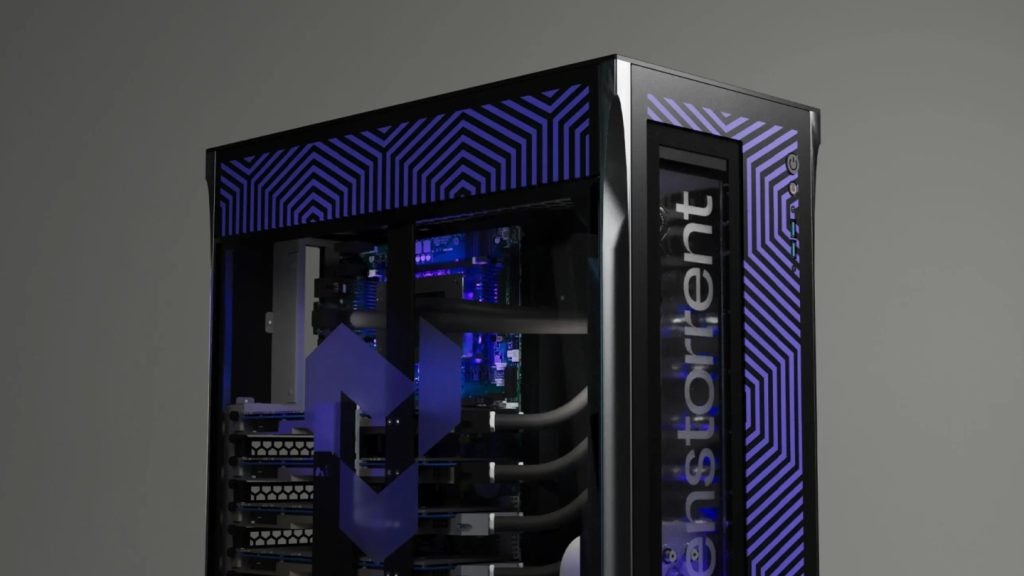The Financial Times reported that as of Monday 11 November 2024, TSMC (Taiwan Semiconductor Manufacturing Company) plans to stop selling AI chips at advanced process nodes of 7 nanometres or smaller to Chinese companies.
TSMC’s new rules are targeted at the likes of Alibaba and Baidu, which have massive businesses in AI clouds. It seems that the Taiwanese company is pre-emptively looking to avoid any clashes with the forthcoming US administration. Given the election turmoil of recent days, it does not come as a huge surprise. The news is a considerable blow to Chinese companies that have grown to rely on Taiwan for their chip supply, for example, Baidu’s Kunlun chips for AI inferencing.
Same old, same old for China
However, Chinese technology companies have grown accustomed to this type of protectionism, and the new administration may not represent a massive change from the restrictions that started in earnest with President Biden. The world is witnessing an era of growing protectionism which is leading all advanced economies to protect industries that are perceived as strategically critical.
Nowhere is this more evident than with chipset technologies. The current US administration has presided over increasingly draconian measures against China in this space.
In 2022, it announced several rounds of restrictions on the sale of AI chips, a move that negatively impacted some US companies including processor designers NVIDIA and AMD. The raft of US restrictions significantly harmed Chinese technology companies. China faces severe limitations in accessing advanced semiconductor manufacturing equipment, which is crucial for producing high-performance AI chips. The inability to procure tools from leading manufacturers such as ASML and Applied Materials has stifled the growth of the sector.
How US restrictions helped Chinese chip ecosystem
It has been interesting to observe how US restrictions have started having the opposite effect than intended, forcing China to develop its own chipset ecosystem to include capabilities that are promoting greater self-sufficiency over the longer term. China has started pouring resources to boost its domestic processor technologies. These resources came in the form of greater subsidies, but also in other forms.
How well do you really know your competitors?
Access the most comprehensive Company Profiles on the market, powered by GlobalData. Save hours of research. Gain competitive edge.

Thank you!
Your download email will arrive shortly
Not ready to buy yet? Download a free sample
We are confident about the unique quality of our Company Profiles. However, we want you to make the most beneficial decision for your business, so we offer a free sample that you can download by submitting the below form
By GlobalDataThe country has turned to its abundant young population to turbocharge universities, focusing on undergraduates and engineers trained to PhD level. A dozen higher education institutions recently set up integrated circuits departments including Tsinghua and Peking universities. As a result, China has been raising both the quantity and quality of STEM graduates and now has a large pipeline of skilled labour becoming available.
Unintended consequences for US
In the immediate aftermath of the US sanctions, firms such as Huawei, Baidu, and others began stockpiling resources in anticipation of further restrictions, including critical components, (memory chips from Samsung Electronics, for example). In addition, China has also looked for alternative supply chains and partnerships with suppliers outside of the US and its allies, with limited success.
Another unintended consequence is the opportunity for homegrown companies to sell more of their own chips domestically. News that Huawei has started testing a new AI chip with potential clients in China is further proof of this.
Chinese hyperscalers and server manufacturers are reportedly testing the Ascend 910C processors as a replacement for NVIDIA technologies. The Ascend processor series was launched in 2019 and runs on Huawei’s Ascend Computing product line.
The chips are based on a neural processing unit (NPU) architecture which is custom-made for ML tasks. The company has also further developed another silicon architecture through its chip affiliate HiSilicon, responsible for the Kunpeng series. The Kunpeng series have gained a lot of traction in cloud computing and advanced analytics. HiSilicon is a Chinese fabless semiconductor company based in Shenzhen, Guangdong province, and wholly owned by Huawei. Both Kunpeng and Ascend run on ARM.









Related Company Profiles
Taiwan Semiconductor Manufacturing Co Ltd
Alibaba Group Holding Ltd
Baidu Inc
NVIDIA Corp
ASML Holding NV